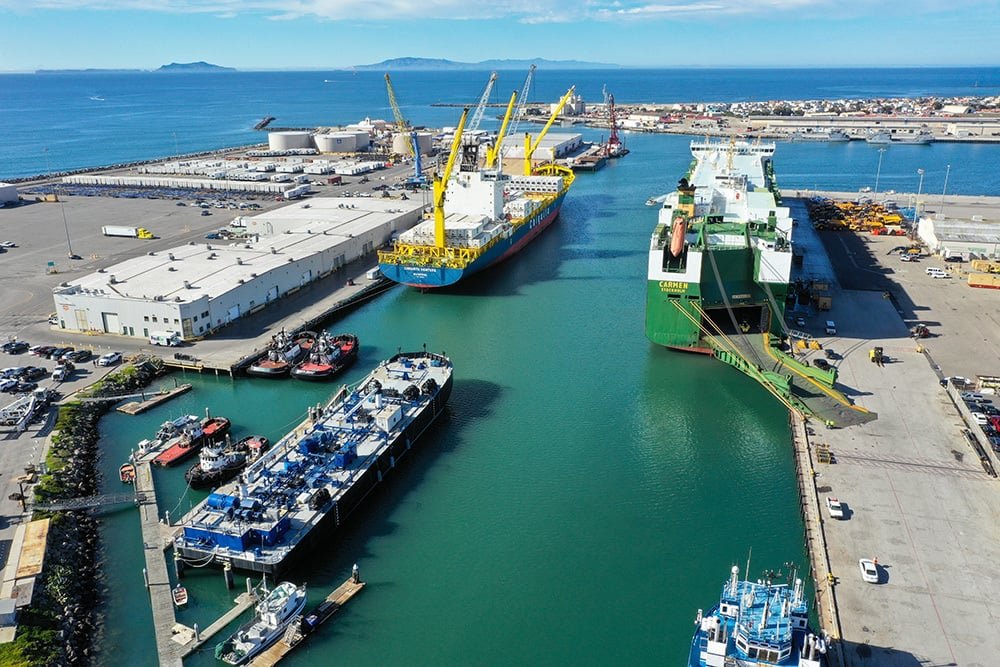
What We Do
Bring together diverse stakeholders across the climate and national security fields to solve urgent problems
Analyze the most critical nodes of climate change and national security
Collaborate with and advise academic institutions, other non-profits, international organizations, and public-sector institutions.

Energy Choices for Decarbonization
The race is on to shift from fossil fuels to low-carbon alternatives -- renewables like hydroelectric, wind, solar, geothermal, and nuclear power.
Understanding the wide range of national security interests and implications of choices along the way is key to both safety and security. Building resilience and flexibility into the entire life cycle of energy production and use can help improve national and international security. Understanding myths about energy independence can help steer wiser choices.

Water Resource Conflicts
Water scarcity, flooding and extremes in precipitation will increase as climate change intensifies. In certain regions, water scarcity and conflicts over shared water resources exacerbate existing national security tensions.
There are significant national security benefits to be gained from efforts to negotiate how these resources can be shared equitably and managed predictably. Negotiation to address water scarcity, flood control, water storage, and water for agricultural needs can serve as a bridge to address long-term national security tensions more broadly.

Coastal Infrastructure Threats
Protection of existing coastal infrastructure and adaptation to sea-level rise are vitally important to military readiness.
What are the most cost-effective management responses (marsh and wetland restoration, nature-based infrastructure, fire, watershed, and habitat management) that can maximize the benefits for civilian and military infrastructure alike?

Climate-Driven Migration
Droughts, flooding, storm damage, agricultural & livelihood losses all trigger internal and external migrant flows in states and regions that are reeling from governance failures and military conflict.
Collaborative investment and efforts to prevent such dislocations and to share the burden of migrant flows when they do occur are needed.
Furthermore, uncontrolled migration poses significant additional burdens on military readiness. Climate- and conflict-driven human displacement create a set of domestic and international security challenges that existing military institutions and management structures are unprepared to address, and which require new tools and approaches.

The Road Ahead
We foster dialogue and cross-sector collaboration. We seek to create a neutral ground, safe haven, and confidential laboratory for sustained dialogue and negotiation with and between players that don’t often cross sectoral boundaries.
We support processes of change with in-depth analysis, convening of players, trust-building exercises, and problem-solving.
